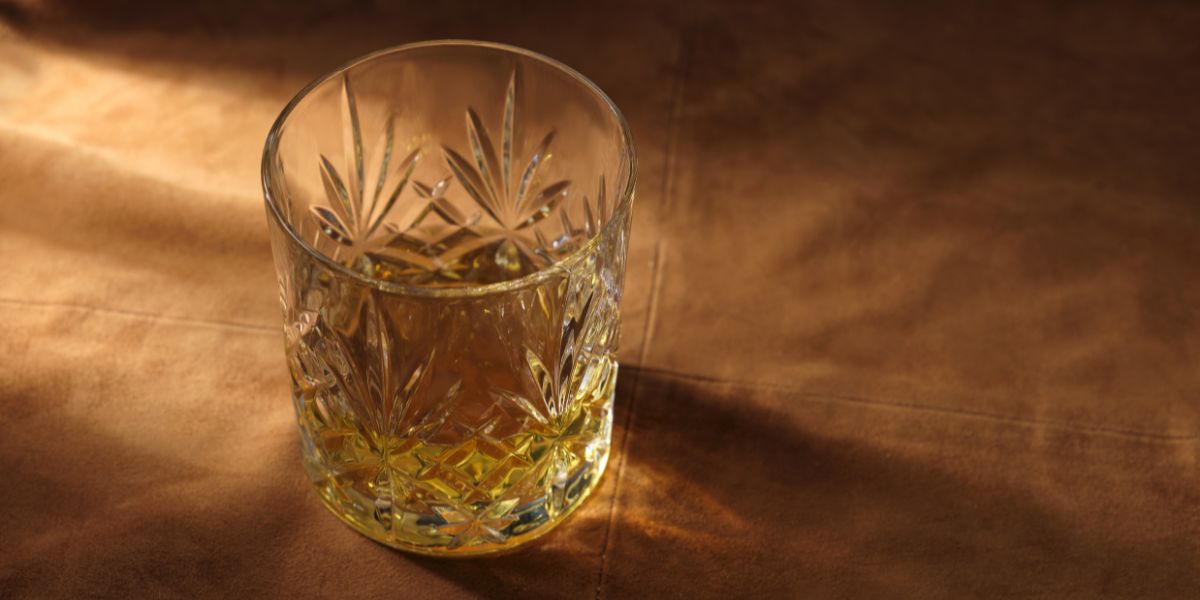An Australian-first digital tool will help people make healthier choices by educating them about the risk of alcohol-related cancers.
People can use the new tool to calculate their lifetime risk of cancers including bowel, liver, mouth, throat, neck and female breast cancer.
“This important tool, which was pioneered right here in NSW, will make sure people have access to the information they need to make healthier choices.” said NSW Health Minister Ryan Park.
“In NSW, one in three adults drink more than the recommended guidelines and we need more people to understand the dangers of drinking alcohol, including its proven link to cancer.”
Developed by Cancer Institute NSW, with data analysed by the Daffodil Centre (a research partnership between University of Sydney and Cancer Council NSW), the Alcohol and Cancer Risk tool allows people to enter their age, gender and weekly alcohol use to show how drinking alcohol at various levels impacts their long-term cancer risk.
The educational tool only takes minutes to complete and is targeted at adults, primarily aged over 40 years, due to the cumulative impacts of alcohol use and longer-term health impacts.
“Alcohol is not only linked to eight different types of cancer but can also lead to a wide range of other health problems, including liver disease and heart issues,” said Senior Clinical Advisor at Cancer Institute NSW A/Professor James Lynam.
“While even small amounts of alcohol can increase your cancer risk, reducing your alcohol consumption could be life-changing, which is why I urge people to use this new tool and talk to their GP about how they can take the steps needed to stay healthy and well.”
Drinking alcohol is linked to eight different types of cancer including female breast, liver, bowel, mouth and upper throat, larynx, oesophagus, neck, and stomach cancers and causes an estimated 5800 cancer cases in Australia each year.
Ethanol in alcohol is a cancer-causing compound (a group 1 carcinogen). When broken down by the body, ethanol becomes a toxic chemical which can damage the DNA of cells, causing cancer.
Cancer risk increases with every drink and there is no level of alcohol that is completely safe when it comes to cancer. There is evidence that among NSW adults over 45 years of age the risk of developing an alcohol-related cancer increases by 10 per cent with every seven standard drinks consumed per week.
For adults who choose to drink, it’s recommended they follow the National Health and Medical Research Council’s guidelines of drinking no more than 10 standard drinks per week and no more than four standard drinks on any one day to reduce the risk of alcohol-related harm.
Support to reduce alcohol consumption can be found through the Alcohol & Drug Information Service (ADIS) website or by calling their 24 hour support line on 1800 250 015.
For helpful tips to reduce your alcohol intake visit: Drink less alcohol | Cancer Institute NSW .
The Alcohol and Cancer Risk tool is available here: Alcohol and cancer risk tool | Cancer Institute NSW
Anyone concerned about their alcohol consumption and risk of cancer should discuss their specific circumstances with their GP or health care provider.
Something going on in your part of the New England people should know about? Let us know by emailing newsdesk@netimes.com.au

